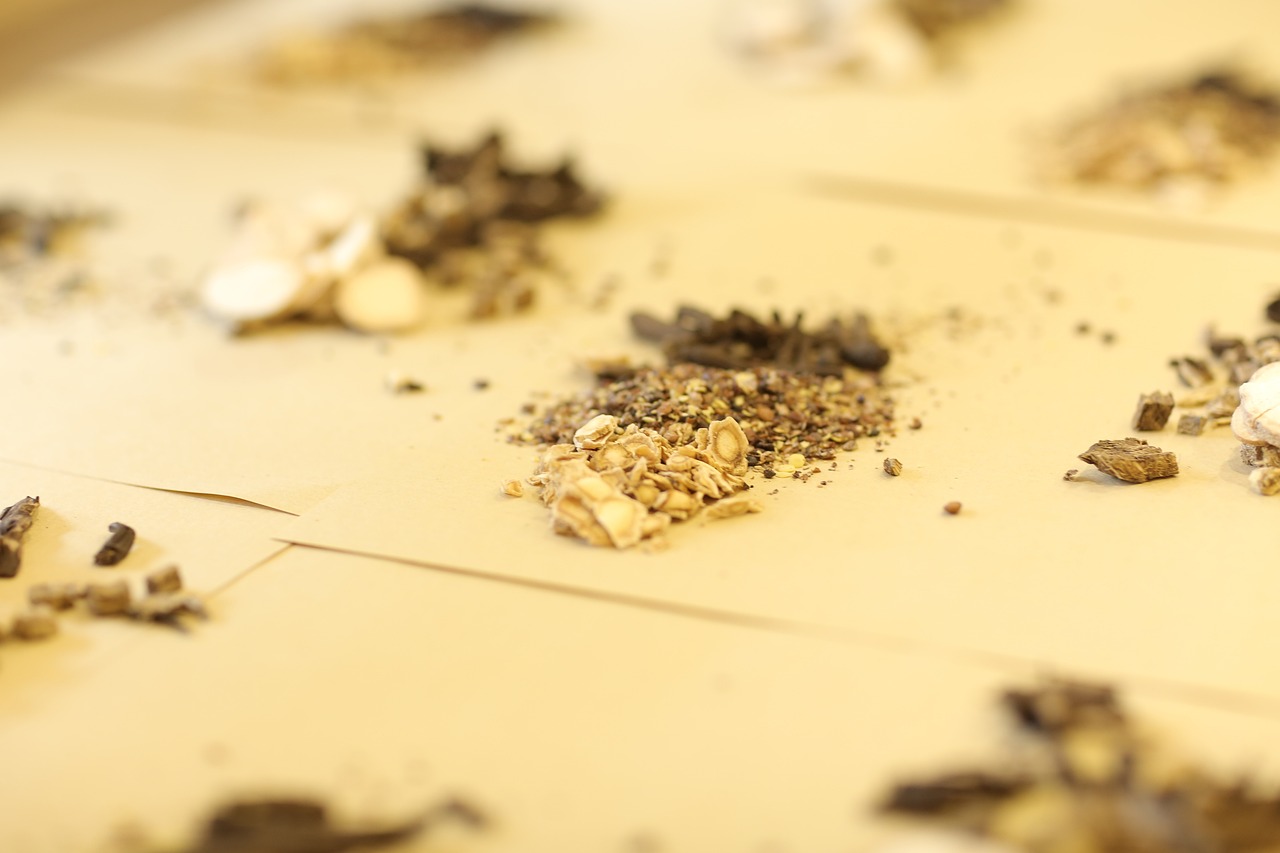**Exploring the Pantheon: A Deep Dive into the Major Taoist Deities and Their Roles in Chinese Culture**
Taoism, a spiritual tradition that originated in ancient China, is not just about philosophical ideas and meditation; it’s also rich with colorful deities that delight and inspire. These divine personalities have their own stories, attributes, and functions, and they play an integral role in the lives of many Chinese people. So, let’s take a stroll through the Taoist celestial realm and meet some of these fascinating figures!
First, we can’t talk about Taoist deities without mentioning the revered **Laozi**. Often considered the founder of Taoism, Laozi embodies wisdom and the way of nature. He’s like that wise old grandparent who always seems to know the right thing to say at the right moment. In Taoist belief, Laozi is not only a historical figure but also a divine being. He’s often depicted riding an ox, which symbolizes strength and tranquility. His yin-yang philosophy encourages people to embrace the balance of opposites, embracing the natural rhythms of life.
Next up is **Zhenwu**, also known as the Dark Warrior. Picture this: a celestial guardian clad in black armor, wielding a sword and able to defeat evil spirits and harmful forces. That’s Zhenwu for you! He represents protection and military prowess and is often depicted standing on top of a tortoise, symbolizing endurance and longevity. When people face challenges in life or encounter negative energies, many turn to Zhenwu for strength and guidance. It’s almost like calling on a superhero when trouble strikes!
Then there’s **Guandi**, the god of war and righteousness. Guandi is interesting because he’s more than just a warrior; he embodies loyalty and bravery, traits that are highly revered in Chinese culture. Many businessmen invoke his protection, hoping to achieve success while being guided by his principles of integrity and loyalty. Imagine running your business with the spirit of a noble warrior by your side—talk about motivation!
Don’t forget **Jiutian Xuannü**, the goddess of the Nine Heavens. With her serene demeanor and enchanting beauty, she’s often called upon for her divine wisdom and assistance in matters of fertility and love. She’s like that caring guru who knows just what to say to bring harmony into your life. In households across China, women may pray to her for safe childbirth and strong families. It’s fascinating how a goddess can embody such nurturing qualities while being a powerful figure in the Taoist pantheon.
Another key player we have is **Shou Xing**, also known as the God of Longevity. Imagine a bearded elder with a peach in one hand and a staff in another, representing the desire for a long and fruitful life. Shou Xing embodies health, happiness, and the idea that wisdom comes with age. In many celebrations, it’s common to see images or statues of him, reminding people to cherish each moment and strive for a harmonious life.
Taoist deities often interact with the world in intriguing ways. Through festivals and rituals, they’re not just figures of worship but participants in the daily lives of people. Each year, during Chinese New Year and other significant occasions, many families display images of these deities in their homes, believing that their blessings will invite good fortune and prosperity into their lives. They literally create a space for the divine, integrating these celestial beings into the fabric of everyday life.
It’s compelling to see how these major Taoist deities reflect the values and traditions of Chinese culture. They serve as reminders of the virtues of wisdom, strength, integrity, and longevity. More than mere myths, they symbolize ideals that guide individuals through the challenges of contemporary life. Whether it’s seeking guidance from Laozi’s philosophy or calling on Guandi’s bravery in business, these deities are a rich and vibrant aspect of the Chinese cultural landscape.
By exploring the pantheon of Taoist deities, we gain insight into the intricate tapestry of beliefs, morals, and values that shape not only personal lives but also communities. Isn’t it amazing how these ancient figures still hold such relevance today? As we navigate our own lives—much like a Taoist through the winding paths of nature—maybe we can all learn a bit from these mystical beings.
So, as you ponder your journey through life, consider the wisdom and strength gleaned from the deities of Taoism. Who knows? Perhaps you too might feel a little inspiration from their celestial presence!



